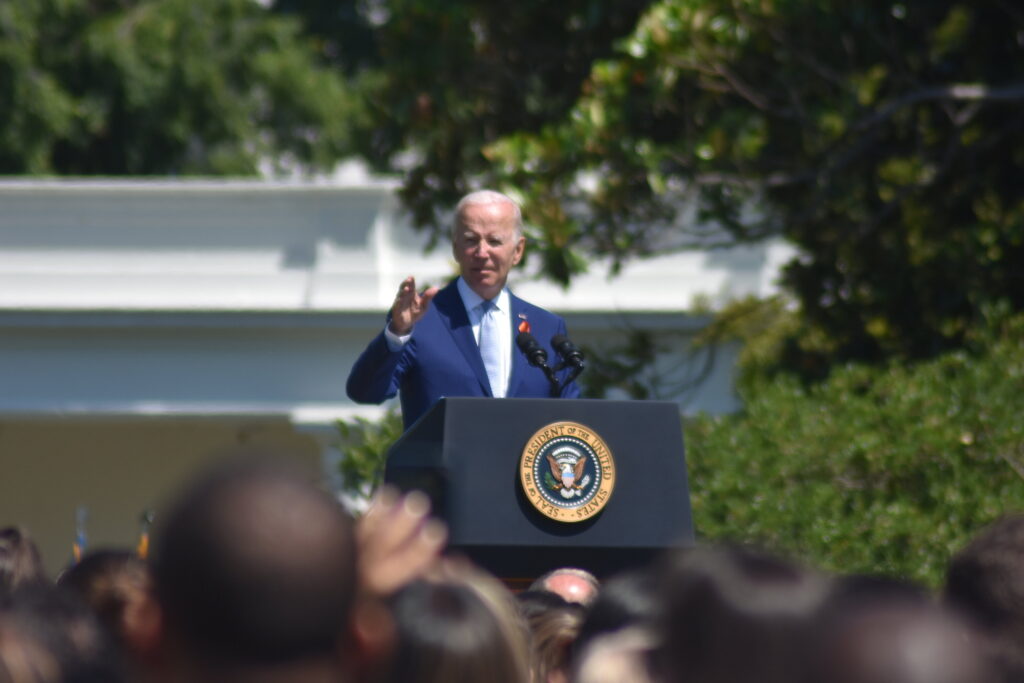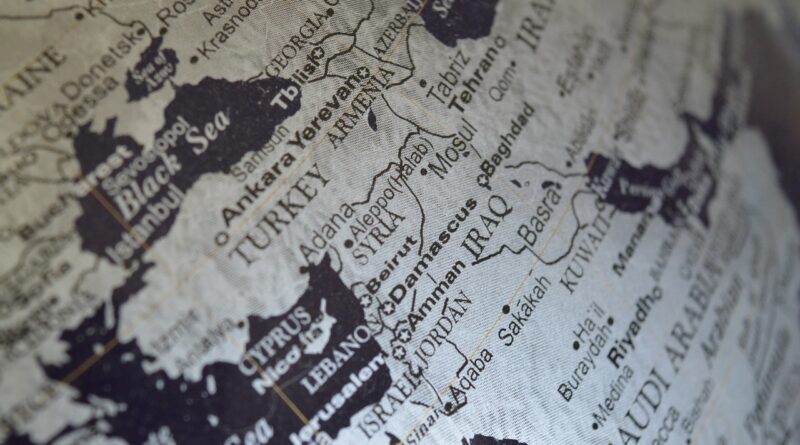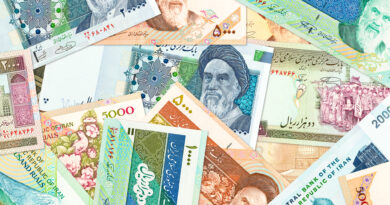The Impact of Geopolitical Events on Forex Markets: Analysis and Trading Strategies
In the world of forex trading, currency movements can be significantly influenced by a wide range of factors, including economic indicators, interest rates, and political developments. One often-overlooked area that can greatly impact currency values is geopolitical events, which can include everything from elections and wars to trade disputes and international negotiations. In this article, we will delve into the relationship between geopolitics and forex markets, examining how these events can affect currency values and exploring trading strategies for navigating these complex situations.
- Understanding the Connection Between Geopolitics and Forex Markets
Geopolitical events can create uncertainty and volatility in the global financial markets, leading to shifts in currency values as investors and traders reassess the economic prospects of different countries. In general, geopolitical events can impact forex markets in two main ways:
a. Risk sentiment: Geopolitical events can either increase or decrease investors’ appetite for risk. During times of geopolitical tension or instability, investors often flock to safe-haven currencies like the US dollar, Japanese yen, and Swiss franc, driving up their value. Conversely, when geopolitical tensions ease, risk appetite may return, leading investors to sell off safe-haven currencies and buy riskier assets, such as emerging market currencies.
b. Economic impact: Geopolitical events can also have direct consequences on a country’s economy, affecting factors such as trade, inflation, and growth. For example, a trade dispute may result in tariffs or other restrictions that can hurt a country’s exports, leading to a decline in its currency value.
- Key Geopolitical Events to Monitor
As a forex trader, it’s essential to stay informed about the major geopolitical events that have the potential to impact currency values. Some key events to monitor include:

a. Elections: National elections can lead to shifts in government policies, which may influence a country’s economic outlook and, by extension, its currency value. Keep an eye on election outcomes and political developments in countries with major currencies, as well as emerging markets.
b. Wars and conflicts: Military actions and conflicts can create uncertainty and risk aversion in the financial markets, often leading to a flight to safe-haven currencies. Monitor ongoing conflicts and potential flashpoints to stay ahead of market developments.
c. Trade disputes: Trade disputes between countries can impact global trade flows, affect economic growth, and cause currency fluctuations. Stay informed about ongoing trade disputes, such as those involving the US and China, and be prepared to adjust your trading strategies accordingly.
d. International negotiations: High-level negotiations, such as those involving trade deals, climate agreements, or nuclear disarmament, can influence market sentiment and currency values. Pay attention to the progress and outcomes of these negotiations to assess their potential impact on forex markets.
- Trading Strategies for Navigating Geopolitical Events
Navigating the forex market during periods of geopolitical uncertainty can be challenging, but there are several strategies that can help you manage risk and potentially capitalize on market volatility:
a. Diversify your portfolio: By diversifying your forex portfolio across multiple currencies, you can potentially reduce the impact of geopolitical events on your overall performance. Consider including both safe-haven and higher-yielding currencies in your portfolio to balance risk and reward.
b. Use technical analysis: Technical analysis tools can help you identify trends, support and resistance levels, and potential market reversals, which can be particularly useful during periods of heightened geopolitical risk. Incorporate these tools into your trading strategy to help you make more informed decisions and manage risk.
c. Implement risk management techniques: During times of geopolitical uncertainty, it’s essential to have a solid risk management plan in place. This may include setting stop-loss orders, adjusting your position sizes, and using appropriate leverage levels to protect
- Staying Informed and Adapting to Market Changes
Staying up-to-date with the latest geopolitical developments is crucial for forex traders looking to navigate the impact of these events on currency markets. Regularly follow reputable news sources, financial market analyses, and political commentaries to keep yourself informed about ongoing geopolitical events and potential market implications.
Additionally, it’s essential to be adaptable in your trading approach. Geopolitical events can lead to sudden and unexpected market shifts, so be prepared to adjust your trading strategy as needed. This may involve exiting positions, taking profits, or re-evaluating your risk management techniques.
Conclusion
The impact of geopolitical events on forex markets is an often-overlooked aspect of currency trading, but it is one that can create significant opportunities and risks for traders. By understanding the relationship between geopolitics and forex, staying informed about key events, and implementing appropriate trading strategies, you can better navigate the complex and ever-changing world of currency markets. With careful planning and adaptability, you can potentially capitalize on the opportunities presented by geopolitical events while managing the risks associated with them.






